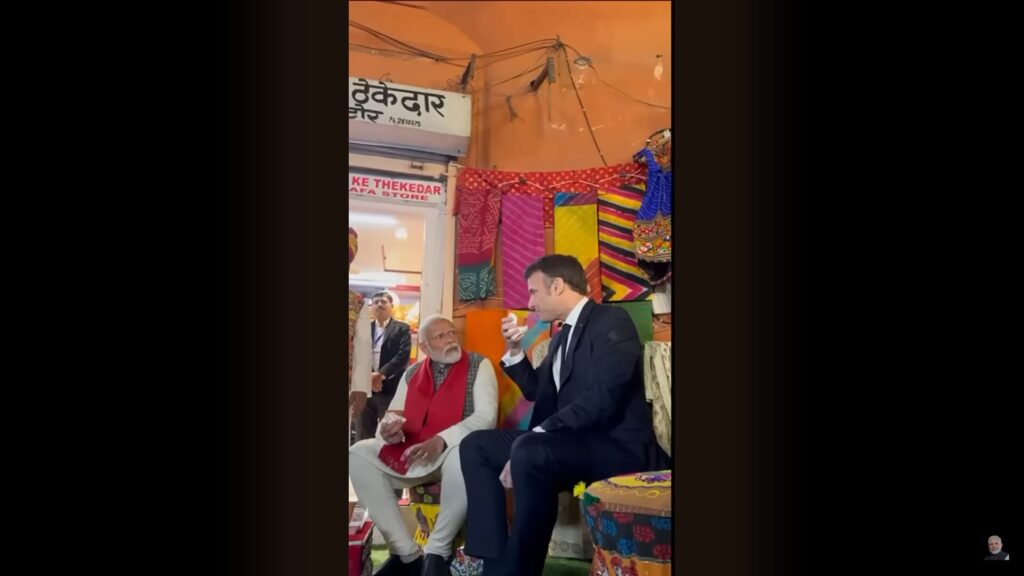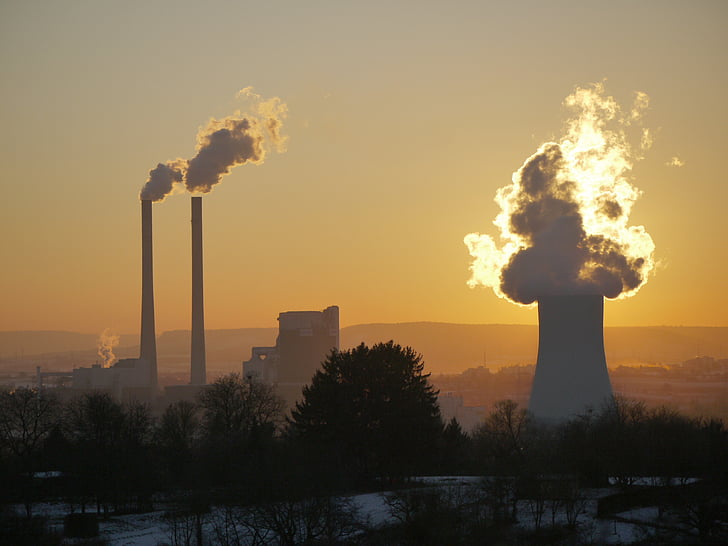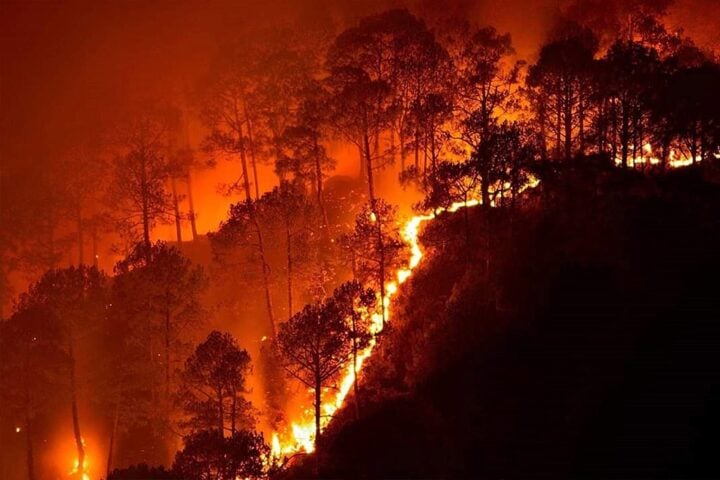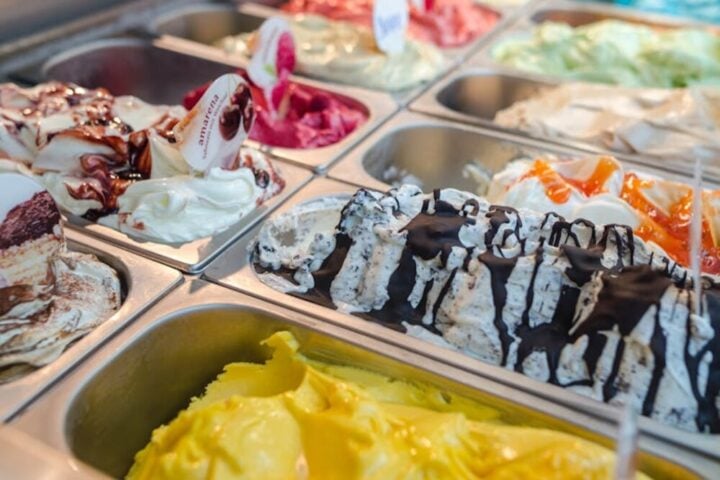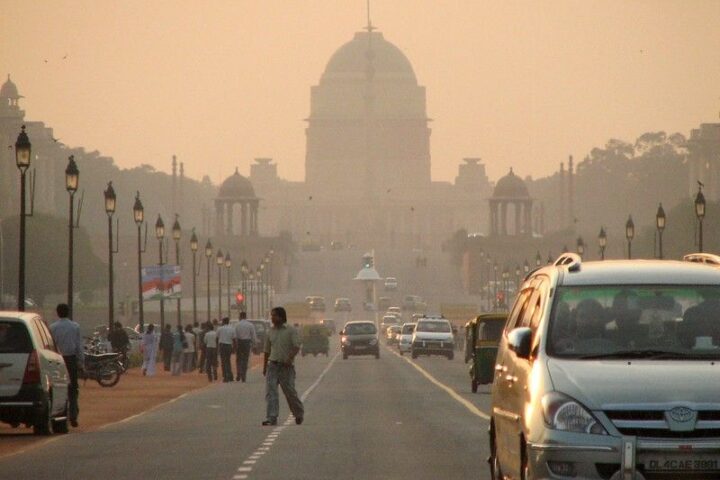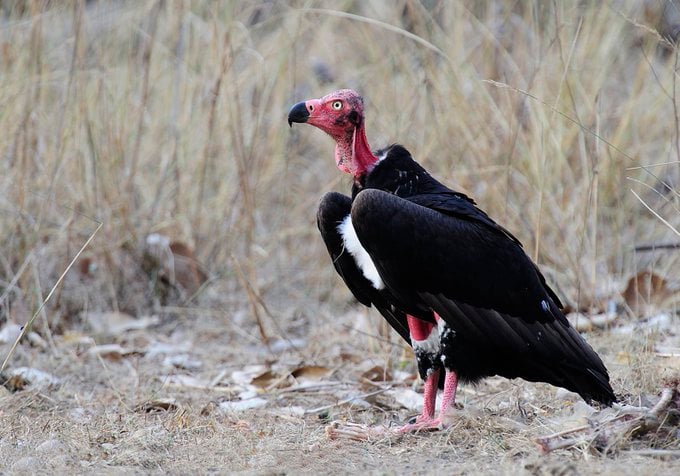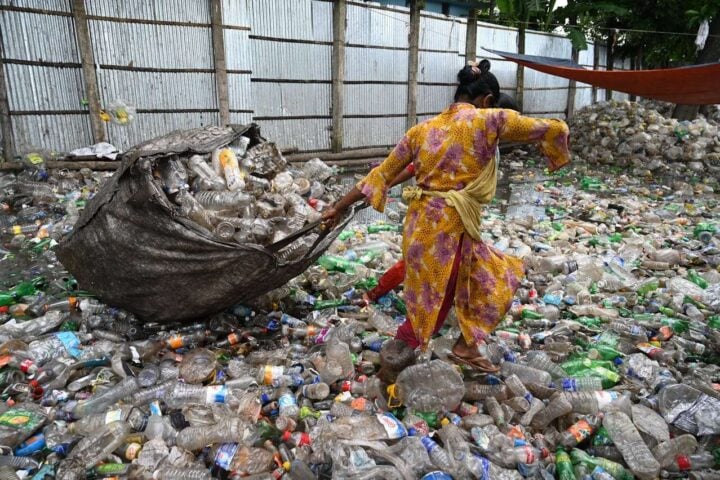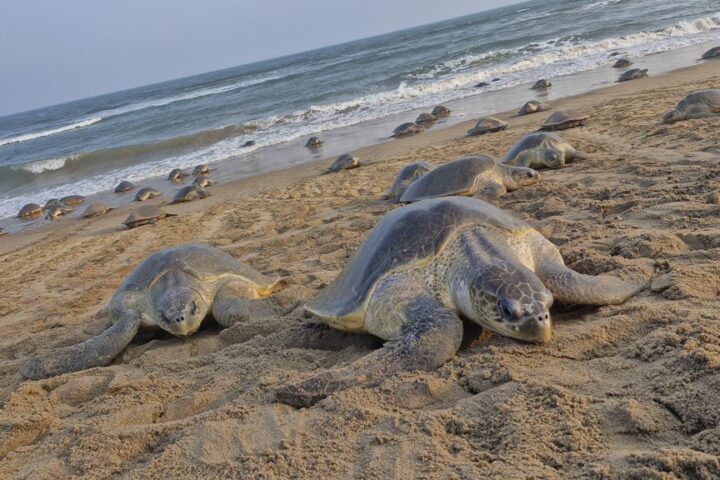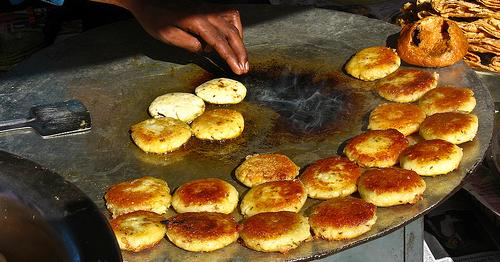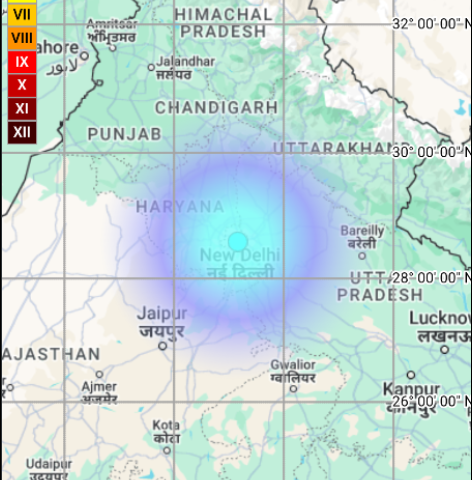When the French President was enjoying his time with Indian Prime Minister Narendra Modi last month, French farmers were demonstrating in the streets. During the leaders’ tea party, protests were rampant in both countries. Indian farmers are gearing up for a second round of protests in Delhi for their demands. In Delhi, students are protesting against the UGC’s draft on potentially dereserving reserved vacancies, a move critiqued by SFI’s Ashish Ghosh for weakening objectives.
The Samyukta Kisan Morcha conducted Republic Day tractor marches in 484 districts, 100 in Punjab alone, to protest against corporate control over agriculture. Thousands of youths, led by Colonel (Retd.) Rohit Chaudhury, rallied against the Agniveer Army Recruitment Scheme, under the Ex-Servicemen Department of the All India Congress Committee. Meanwhile, after the Modi-Macron visit to Jaipur, Sabu Chai has gained popularity, aligning with Modi’s background as a tea vendor.
A student leader humorously compared the two leaders to Nero, who played the fiddle as Rome burned. In an audacious act, two farmers hurled soup at the Mona Lisa in the Louvre, symbolizing their protest. The farmers have now blocked Paris roads with tractors, symbolizing a “besiege of Paris” and highlighting global food issues stemming from the Russia-Ukraine conflict.
The war has significantly hampered Ukraine’s food grain exports, affecting global supplies and causing fuel and animal feed costs to soar in Europe. French farmers argue that mechanized farming has become unprofitable due to increased costs for electricity and fertilizers, along with government restrictions and the import of cheaper goods from abroad.
With protests intensifying, farmers demand an end to the crisis, reminiscent of the Indian farmers’ protests two years ago. Despite police warnings, tractors have approached Paris, Lyons, and other locations. Unimpressed with concessions from Prime Minister Gabriel Atoll, farmer unions continue to demand better pay, less bureaucracy, and protection from foreign competition.
Farmers aimed to reach the Rungis wholesale food market but were turned back by police, leading to 18 arrests. Nonetheless, many promised to stay overnight if necessary. Farmers seek further government concessions to tackle the rising costs of fuel and animal feed, remaining defiant until their demands are met.
Belgian farmers are also protesting for better market conditions, with Brussels becoming a protest hub. The agitation has spread to Italy, echoing the historical struggle of farmers for a fair share in agricultural produce, a struggle that continues into the 21st century.
